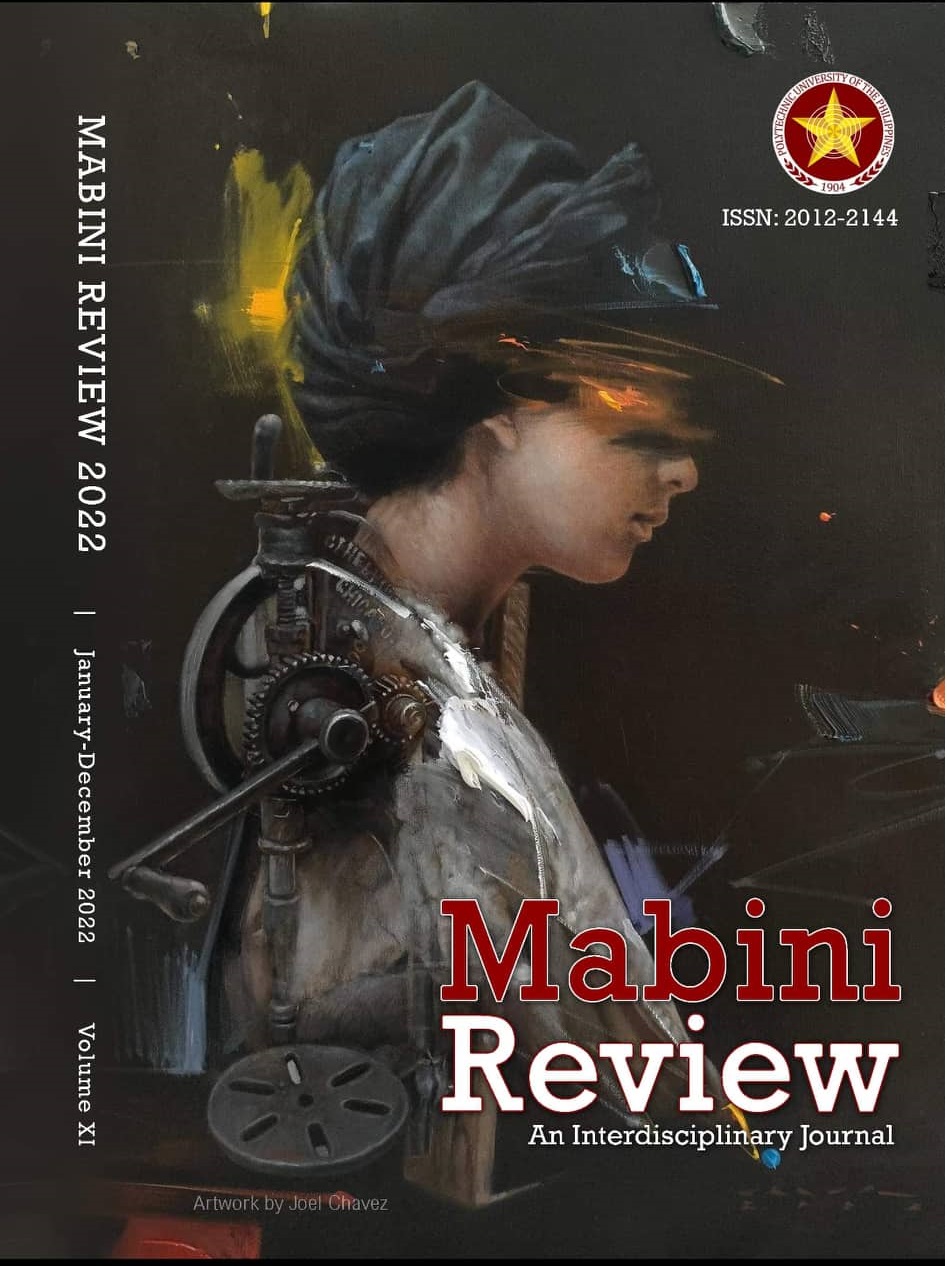Ang Naging Makaldag na Lakbayin: Isang Pagsipat sa ilang Mahahalagang Yugto sa Kasaysayan ng Kritikal na Pamimilosopiyang Filipino (The Once-Tumultuous Path Traversed: An Examination of Selected Significant Stages in the History of Critical Filipino Philosophy)
DOI:
https://doi.org/10.70922/c8ggma34Keywords:
Pilosopiyang Filipino, Kritika, Kasaysayan, Dekada ’70, Kritikal na Pamimilosopiyang FilipinoAbstract
Apart from being an academic and a researcher, a philosopher also faces a great challenge to fulfill their role as a critic of their society. In response to this challenge, the current article seeks to unveil some manifestations of this role in the Filipino context by means of glimpsing into some significant stages in the History of Critical Filipino Philosophy. This discussion is divided into three parts: (1) the Beginnings of Critical Filipino Philosophy during the time of the Propagandists, (2) its decline entering the 1970’s due to the brewing Marcos Dictatorship, and (3) its re-strengthening after the Dictatorship. This article will attempt to weave a narrative that may aid in understanding the rough journey undergone by Critical Filipino Philosophy. With the aim of incorporating this introductory narrative, some primary texts of chosen Filipino Intellectuals that embody the role of the philosopher as a critic and mirror of their current context will be utilized. Together with this, there will also be a consultation of narratives from Filipino philosophers such as Emerita Quito and Florentino Timbreza on their experiences regarding the prevailing political climate during the 1970s, which also mirror the fall and reignition of Critical Filipino Philosophy during those times. It is vital to take a glimpse into these significant stages in the history of Critical Filipino Philosophy for them to serve as a reminder of the contributions of the philosopher as a critic in their society and their possible contributions as a critic in our contemporary times.
Downloads
References
Downloads
Published
Issue
Section
License
Copyright (c) 2022 Mariefe B. Cruz (Author)

This work is licensed under a Creative Commons Attribution-NonCommercial 4.0 International License.
Articles published in the MABINI REVIEW will be Open-Access articles distributed under the terms and conditions of the Creative Commons Attribution-Noncommercial 4.0 International (CC BY-NC 4.0). This allows for immediate free access to the work and permits any user to read, download, copy, distribute, print, search, or link to the full texts of articles, crawl them for indexing, pass them as data to software, or use them for any other lawful purpose.


